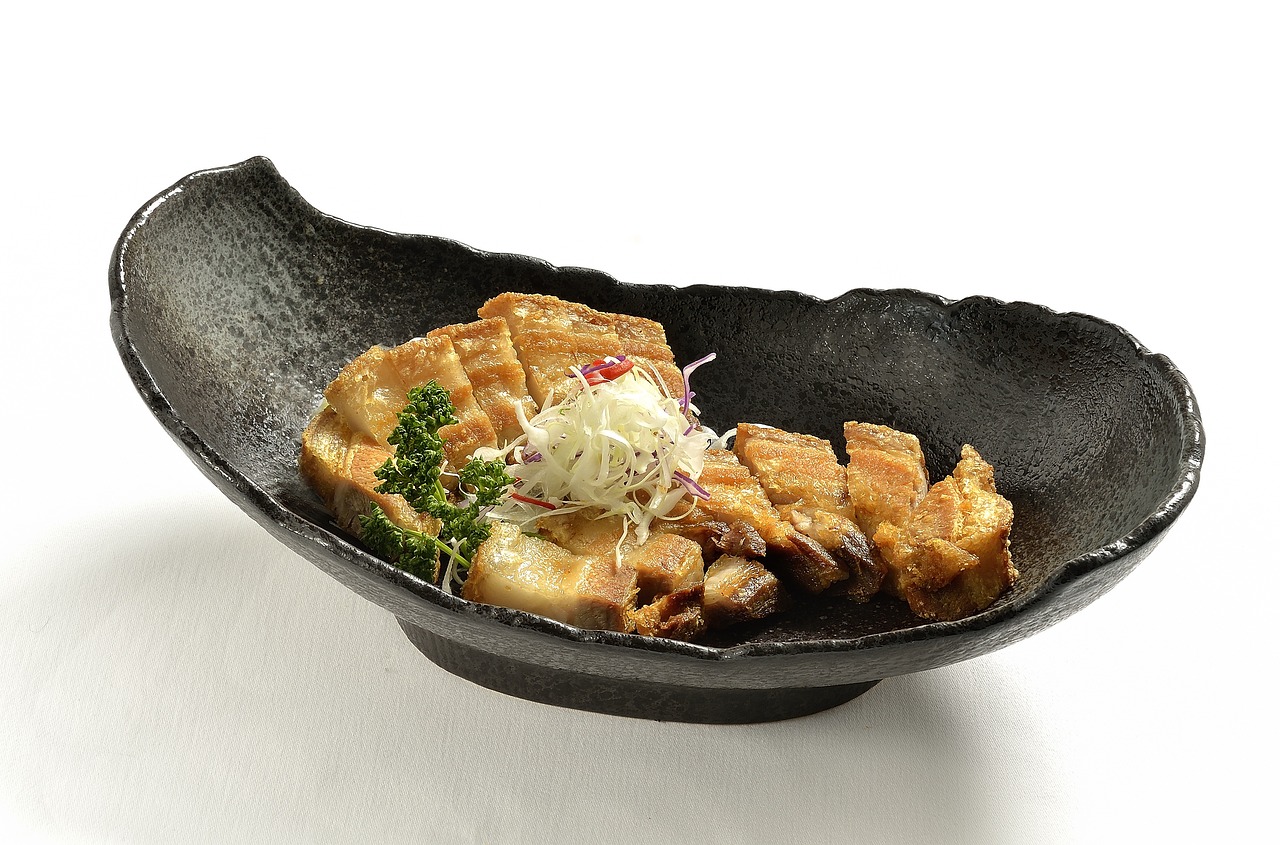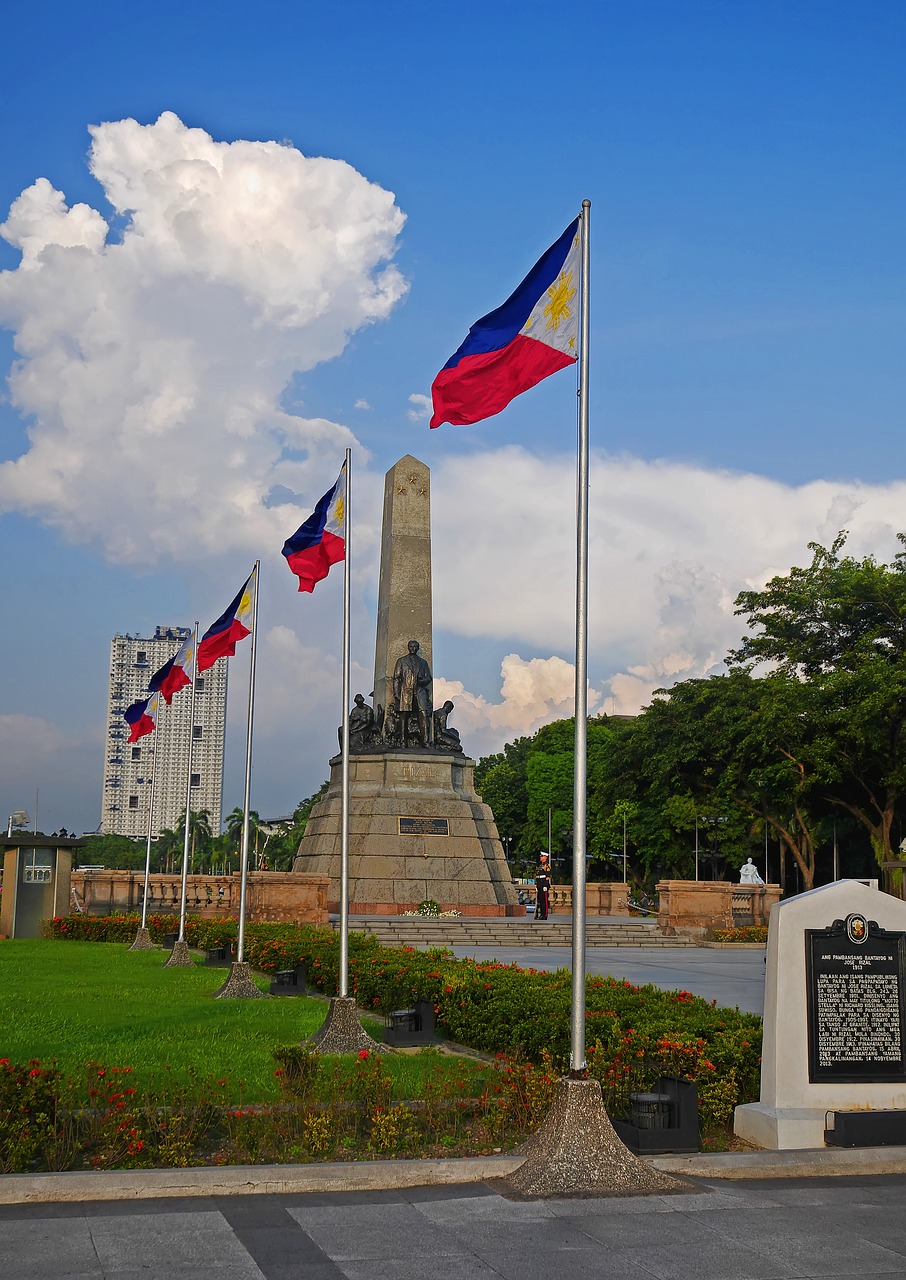Philippines Video
Insider Tips: Avoiding Tourist Traps in Philippines
The Philippines is a beautiful country in Southeast Asia, known for its stunning beaches, vibrant culture, and warm hospitality. While it offers a wide range of attractions for tourists to explore, it’s important to be aware of potential tourist traps that can hinder your travel experience. In this article, we will provide insider tips on how to avoid common tourist traps in the Philippines, ensuring you have a memorable and authentic trip.
Research and Plan Ahead
- Read up on popular tourist destinations: Before your trip, research popular tourist destinations in the Philippines. Understand the main attractions, best times to visit, and potential scams or issues reported by other travelers.
- Check official tourism websites: Visit the official websites of tourism boards or government agencies for accurate and up-to-date information on attractions, safety advisories, and recommended tour operators.
- Read reviews and recommendations: Check online platforms, such as travel forums and review websites, to read reviews and recommendations from fellow travelers. This can help you identify reputable tour operators, accommodations, and restaurants.
- Plan your itinerary: Create a detailed itinerary that includes both popular tourist spots and off-the-beaten-path locations. This will help you avoid overcrowded areas and discover hidden gems.
Avoid Unlicensed Tour Operators
- Verify licenses and certifications: Before booking any tours or activities, verify that the tour operator is licensed and accredited by the Department of Tourism (DOT) in the Philippines. This ensures that they meet safety standards and operate legally.
- Check for reviews and recommendations: Look for reviews and recommendations from previous customers to gauge the reliability and quality of the tour operator. Avoid booking with operators that have negative feedback or lack a reputable online presence.
- Compare prices: While it’s important to find a reasonably priced tour, be cautious of significantly lower prices compared to other operators. Unusually cheap tours may indicate subpar services or hidden costs.
- Ask for a detailed itinerary: Request a detailed itinerary from the tour operator before booking. This will help you assess the activities included and ensure they align with your interests and expectations.
Beware of Street Vendors and Touts
- Be cautious of overly aggressive sellers: Street vendors and touts can be persistent in popular tourist areas. Be polite but firm in declining their offers if you’re not interested.
- Keep valuables secure: Pickpocketing can be a concern in crowded areas. Keep your valuables secure by using a money belt or a secure bag, and avoid displaying expensive items.
- Negotiate prices: If you decide to make a purchase from a street vendor, negotiate the price to ensure you’re not overcharged. Bargaining is a common practice in the Philippines.
- Support local businesses: Instead of buying from street vendors, consider supporting local businesses such as handicraft stores and cooperatives. These establishments offer authentic products and help uplift the local economy.
Use Reliable Transportation Services
- Choose reputable taxi services: Stick to reputable taxi companies or use ride-hailing apps like Grab to ensure your safety and avoid overcharging. Avoid unmarked or unofficial taxis.
- Agree on fares in advance: Before boarding a taxi or other modes of transportation, negotiate and agree on the fare to avoid any surprises or disputes later.
- Use public transportation: Public transportation, such as buses and trains, can be a cost-effective and reliable way to get around. However, be cautious of pickpockets and keep an eye on your belongings.
- Research local transportation options: In specific regions of the Philippines, there may be unique transportation options like tricycles or jeepneys. Research their fares and routes to ensure you’re not being overcharged.
Be Aware of Currency Exchange Scams
- Exchange currency at reputable places: Use authorized money changers or banks to exchange your currency. Avoid exchanging money with street vendors or individuals offering better rates, as they may be involved in scams.
- Check the exchange rate: Before exchanging your money, check the current exchange rate to ensure you’re receiving a fair deal. Use reliable sources such as banks or reputable currency exchange websites.
- Count your money: After receiving your exchanged currency, count it carefully in front of the teller to avoid any discrepancies or potential scams.
- Keep receipts: Always ask for a receipt when exchanging currency. This will serve as proof of transaction and can be helpful if any issues arise later.
Avoid Unlicensed Accommodations
- Book accommodations from reputable sources: Use trusted travel websites, such as Booking.com or Airbnb, to find licensed and verified accommodations. Read reviews and check ratings before making a reservation.
- Verify licenses: If booking directly with a hotel or guesthouse, verify their licenses or certifications with the local tourism office or the DOT. This ensures that the property meets safety and quality standards.
- Be cautious of online scams: When booking accommodations online, be wary of fake listings or scams. Double-check the property’s website and contact information to ensure legitimacy.
- Pay securely: Use secure payment methods, such as credit cards or trusted online platforms, to protect your financial information when making reservations.
Philippines Image 1:

Visit Less Popular Destinations
- Explore off-the-beaten-path locations: Instead of focusing solely on popular tourist spots, consider visiting lesser-known destinations. These places often offer unique experiences and are less likely to be crowded.
- Interact with locals: Engaging with locals can provide valuable insights and recommendations for hidden gems in the area. They can also help you discover authentic local cuisine and cultural experiences.
- Research emerging destinations: Keep an eye on emerging destinations in the Philippines. These up-and-coming locations often have fewer tourists and offer a more authentic experience.
- Support sustainable tourism: Choose destinations that prioritize sustainability and responsible tourism practices. This ensures that your visit has a positive impact on the environment and local communities.
Philippines Image 2:

Try Local Street Food
- Look for busy food stalls: Busy food stalls are often a good indication of delicious and safe street food. Locals flock to these stalls, ensuring fresh ingredients and tasty dishes.
- Observe food handling practices: Before buying street food, observe how the vendors handle and prepare the food. Ensure they follow proper hygiene practices to minimize the risk of foodborne illnesses.
- Try popular local dishes: Embrace the local cuisine by trying popular Filipino street food such as balut (boiled developing duck embryo), isaw (grilled chicken intestines), and halo-halo (a refreshing dessert with mixed fruits and crushed ice).
- Ask for recommendations: Don’t hesitate to ask locals or fellow travelers for their favorite street food recommendations. They can point you to hidden food gems that may not be widely known.
Be Mindful of Wildlife Tourism
- Choose responsible wildlife encounters: If you’re interested in wildlife encounters, opt for ethical and responsible experiences. Avoid activities that exploit or harm animals, such as riding elephants or taking selfies with drugged animals.
- Research sanctuaries and conservation centers: Look for reputable sanctuaries and conservation centers that prioritize animal welfare and conservation efforts. These organizations often provide educational experiences that promote sustainable wildlife tourism.
- Avoid purchasing wildlife products: Refrain from buying products made from endangered or protected wildlife species. This includes items made from ivory, turtle shells, or coral reefs.
- Respect wildlife habitats: When visiting natural areas, follow designated trails and respect wildlife habitats. Avoid littering or disturbing the natural environment.
Philippines Image 3:

Conclusion
By following these insider tips, you can navigate the Philippines with confidence and avoid falling into common tourist traps. Remember to plan ahead, choose reputable tour operators and accommodations, be cautious of street vendors, use reliable transportation services, and engage in responsible tourism practices. Embrace the rich culture, stunning landscapes, and warm hospitality the Philippines has to offer, and create unforgettable memories without any unnecessary hassles.
References
- Department of Tourism Philippines: www.tourism.gov.ph
- TripAdvisor: www.tripadvisor.com
- Booking.com: www.booking.com
- Airbnb: www.airbnb.com
- Grab: www.grab.com


